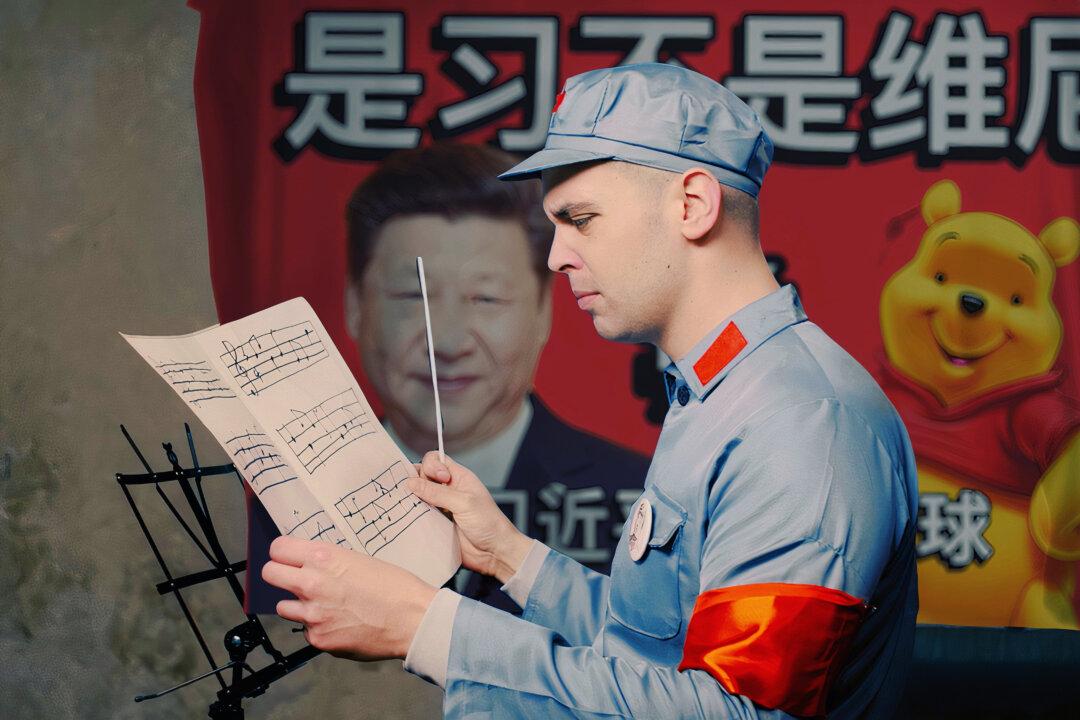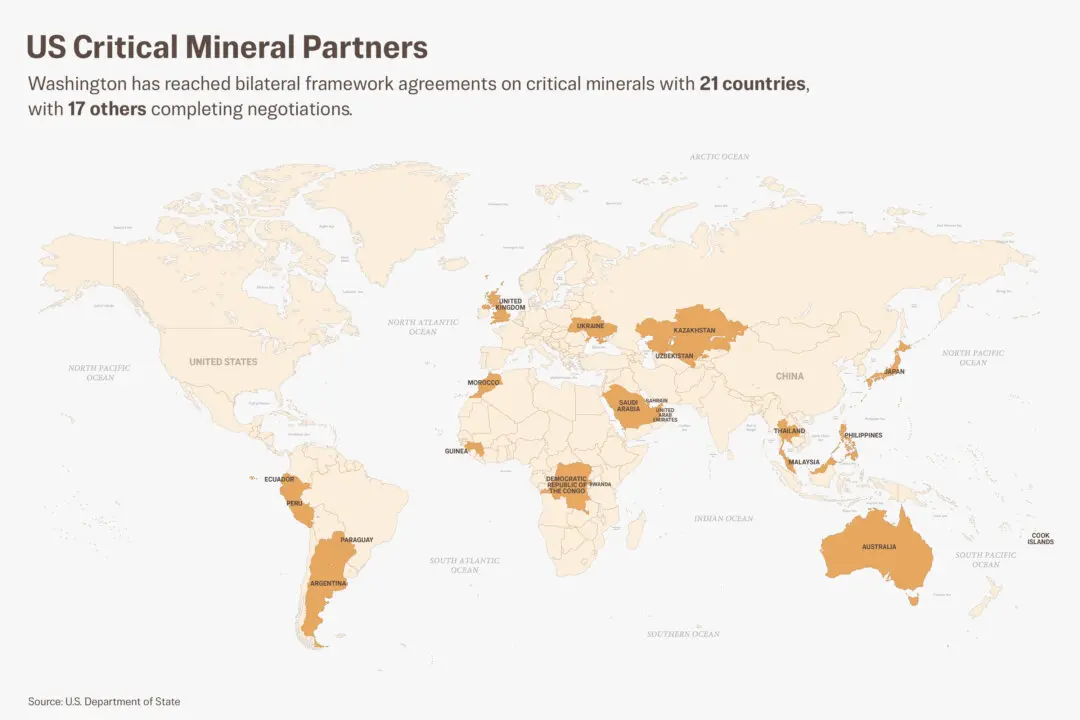A 31-year-old American has the perfect arsenal to become a celebrity in China: native-level Mandarin skills, credentials from a Confucius Institute language center and the prestigious Central Academy of Drama in Beijing, and an extroverted, fun personality.
That is, if only he could commit to the Chinese Communist Party (CCP) and be one of the “yang wumao,” or “foreign 50-cent army,” a term Chinese use to describe Westerners who do the CCP’s bidding in the media and online.



